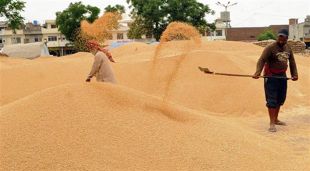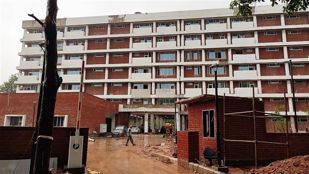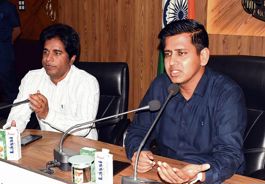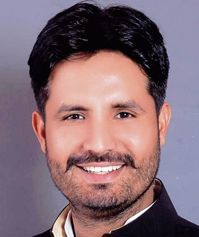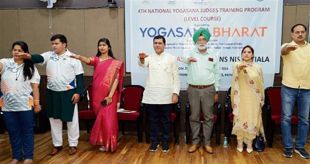New Delhi, February 21
According to a new report, lack of accurate and latest data for evaluation, slowdown in the growth of EWS student count in schools and gap between the percentage of available seats and enrolment figures are among the reasons behind lapses in the implementation of the Right to Education (RTE) Act.
The report was released on Thursday by Indus Action, in collaboration with PVR Nest, at a event where its insights were shared followed by a panel discussion on 'Social Inclusion'.
Project Eklavya, an initiative aimed at installing an effective, sustainable model to enable increased access to the right to education, was also launched at the event. The project is a technology-based campaign aimed at achieving equitable opportunity for every child in the country through an engaging mobile application.
Section 12(1)(c) of the Right of Children to Free and Compulsory Education Act, 2009, aims to improve social inclusion and enable choice for school by reserving a minimum of 25 per cent of all entry-level seats in private, unaided, non-minority and special category schools for children from the EWS and disadvantaged groups (DG).
The report titled ‘Bright Spots: Status of Social Inclusion through RTE’ is based on a survey with more than 10,000 respondents, and conducted by Indus Action, an NGO working in the education sector.
“An analysis of the number of applications per seat received in a few states reveals that while some states have installed end-to-end online operations to increase efficiency, the level of awareness in all states is quite different — with the number of applicants per seat used as a metric to identify the interest of parents in getting their children admitted to private schools," the report said. “Secondly, issues of schools not receiving any applications, or low-fee private schools garnering less interest from parents means there is always a statistical probability of seats remaining vacant," it added.
The report also pointed out that there is lack of coverage for disadvantaged children and suggested that the operations on ground pre-enrolment and post-enrolment need intervention.
Highlighting that while states were not publishing data related to the monitoring of children admitted to schools, there were five states and UTs which were yet to notify the provision, the report also pointed out that one of the reasons behind lack of policy implementation is that income limits are exclusionary in some states with some states having a limit lower than the minimum wage of the state, while some others only consider BPL families under the EWS.
"Education is the foundation of the socio-economic growth. Through initiatives such as Eklavya, we are hopeful to expand the benefits of government policies to a larger section of groups in the society," said Tarun Cherukuri, Co-founder, Indus Action. — PTI





















